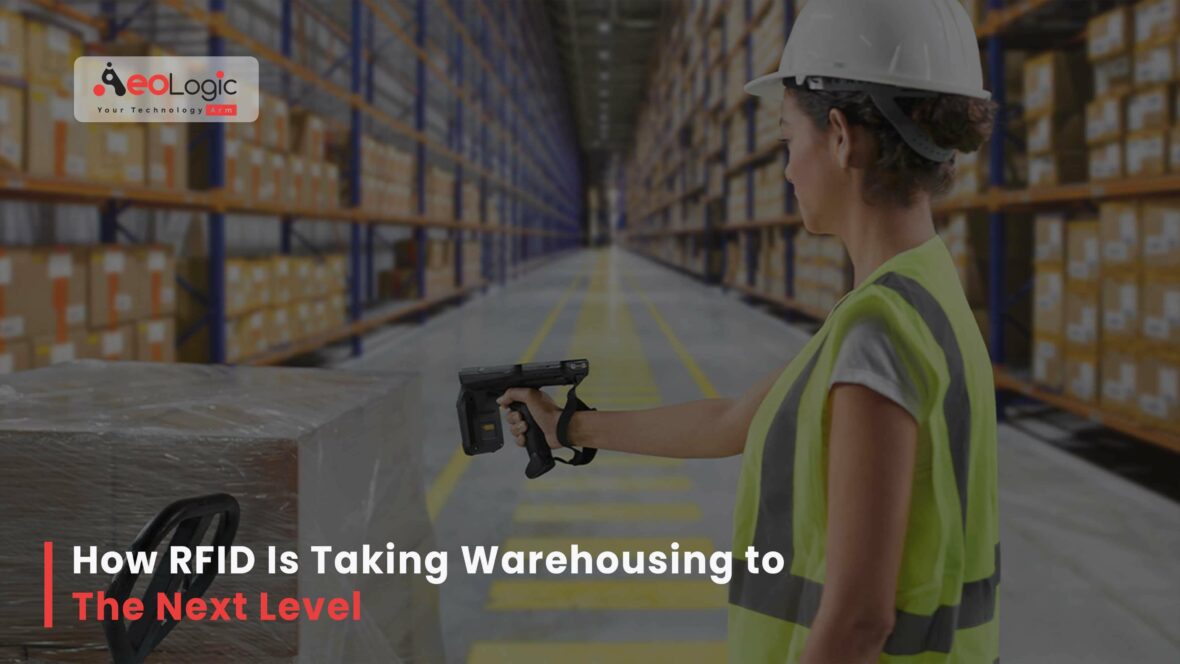Warehouse operations: a hectic and tedious job to carry out which is obviously aren’t very glamorous, but they do provide a huge impact on the business and act as a key part of the supply chain. Warehouses and local supply centres are a critical link as products move globally into the hands of customers.
The primary role of the warehouse is to receive and store goods and products, then quickly ship them out to fulfil production, retail and e-commerce orders, with little friction and minimal errors. This is easier said than done.
We are now looking at future and new advancement which involves AI, robots and even drones swiftly sweeping the aisles of massive warehouses picking and packing orders which will be then and forth an exciting new era of supply chain technology. At present and many years to come it is one and only humble radio waves in the form of RFID (Radio Frequency Identification) technology solutions that are having a huge impact and positive response on increasing the efficiency of warehouse operations. The obvious benefit of RFID is that the microchip can store ample information that is readable from a distance using an RFID scanner.
How is RFID useful for Warehouse Management?
Automatic Tracking:
RFID tags are capable to automatically detect by the reader from a distance. Hence, It allows the inventory to be automatically updated as the boxes/pallets equipped with RFID tags enter or leave the factory.
These tags can efficiently communicate with the centralised inventory management system and update it accordingly. Additionally, each RFID scanner can read up to 200+ tags at once. This rapid information capturing technology offers quick tracking of the input and output inventory assets.
Flexible Placement and Durable Design:
RFID tags are generally emplaced on a sticker. These stickers can be applied or removed from any object either wood, plastic or metal and offer the freedom to be placed on any point. Since these tags do not necessarily have to come in direct contact with the scanner and can be easily detected from a distance. You do not have to find a package/pallet in a pile of loT.
Boost your business with our RFID Solutions!
Moreover, RFID tags are quite durable and non-vulnerable to harsh weather conditions or tampering. These tags can also be encrypted.
Data Storage Capacity:
RFID tags can store more data than that barcode labels. A tag can store up to 2,000 bytes of data which is about 100 times more than a barcode. This allows storing more data or information about the product/package which ultimately helps with better tracking of the inventory.
Reduction in labour costs and error:
Since RFID tags can be self-registered, it largely eliminates labour costs that would have been involved in scanning each package. A whole team or a workforce for tracking individual packages and registering their info in the central management system is now being eliminated.
This also eliminates the chances of making any human errors. Such as skipping or misreading barcodes.
Although conventional methods like barcodes are way cheaper than RFID. The RFID technology is a long-term solution that will drastically reduce the overall operational costs meanwhile improving the efficiency of your warehouse by a huge margin.






